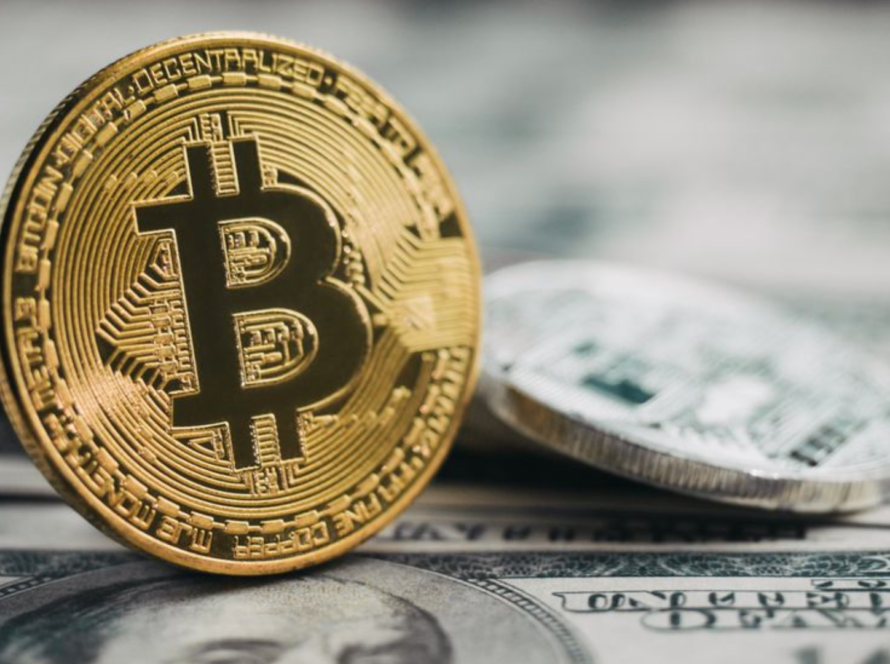If approved by the SEC, the ETF will be a huge step for institutional adoption, but some are concerned that it poses a threat to the decentralised Bitcoin network.
BlackRock, the world’s largest asset manager, has taken the bold step of filing for a Bitcoin spot exchange-traded fund (ETF) on Nasdaq. The filing has sparked huge excitement among investors, and it will be the first of its kind in the US if approved.
The filing comes at a time of intense regulatory scrutiny as the SEC files major lawsuits against both Binance and Coinbase for alleged violations of securities law. The SEC has previously rejected similar applications due to concerns of market manipulation and the lack of regulatory oversight.
Related: China will dominate digital asset market if US refuses to regulate, Coinbase CEO warns
It’s unclear whether the SEC will approve the filing. As the past few months have shown, the Commission is strongly averse to decentralised structures that evade comprehensive surveillance.
Further doubt of approval is cast when considering that BlackRock has named Coinbase, the SEC’s regulatory headache, as its potential custodian.
Good to know
An ETF, or Exchange-Traded Fund, is effectively a basket of investments that you can buy and sell on a stock exchange. It’s a way to invest in a variety of assets like stocks, bonds, or commodities without having to buy each one individually. ETFs are popular because they offer easy access to different markets, they can be bought or sold at any time during the trading day, and they often have lower fees compared to other investment options.
Nonetheless, it’s a bold and impressive move from BlackRock.
With approximately $10 trillion in assets under management, BlackRock’s decision to file for a Bitcoin spot ETF demonstrates its recognition of the growing significance of cryptocurrencies. For investors, approval of the ETF would provide a means of gaining exposure to Bitcoin without directly buying and trading it.
In addition, it would be a huge leap toward institutional investment and mass adoption of Bitcoin, not only legitimising its position as an asset class but also hugely increasing liquidity. This would likely have a profound impact on the price of Bitcoin leading up to the 2024 halving.
Read more: Bitcoin supply on exchanges plummets to 2018 levels, but it’s good news for Bitcoin
In terms of the broader crypto market, the SEC’s approval would set Bitcoin even further ahead of the 60+ altcoins that are currently being targeted by the SEC for securities violations. Unlike PoS altcoins, the SEC doesn’t view Bitcoin as a security because its network is genuinely decentralised and its value derives mainly from market forces rather staking protocols.
The crypto community has mixed feelings about a spot Bitcoin ETF.
For the most part, Crypto Twitter is bullish on a Bitcoin ETF, with many outlining the benefits of institutional investment and adoption.
Others however expressed caution, stating it would open the door to centralisation and price manipulation.
One user wrote, “This is centralization and not good in the long-term. Same people pushing the ESG agenda will buy BTC. What time to live in.”
Another user outlined a wider range of concerns, namely that BlackRock will gain far too much control over Bitcoin.
The fundamental nature of Bitcoin is that it’s a decentralised digital currency that operates on a peer-to-peer network, eliminating the need for intermediaries like banks or financial institutions.
Nasdaq and BlackRock are quite literally intermediaries, which does in theory undermine the purpose of the Bitcoin network.
A decision is expected come by spring, 2024.
Disclaimer: CryptoPlug does not recommend that any cryptocurrency should be bought, sold, or held by you. Do conduct your own due diligence and consult your financial advisor before making any investment decisions.




